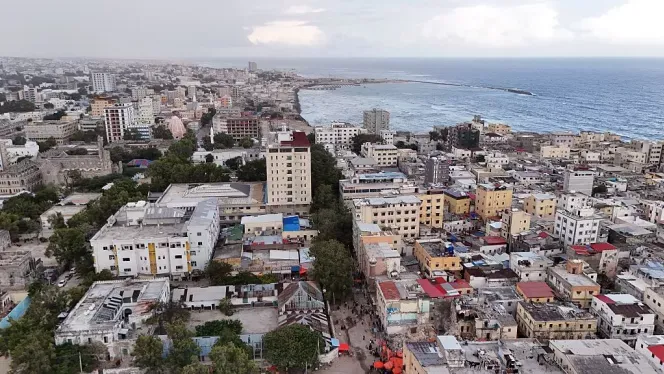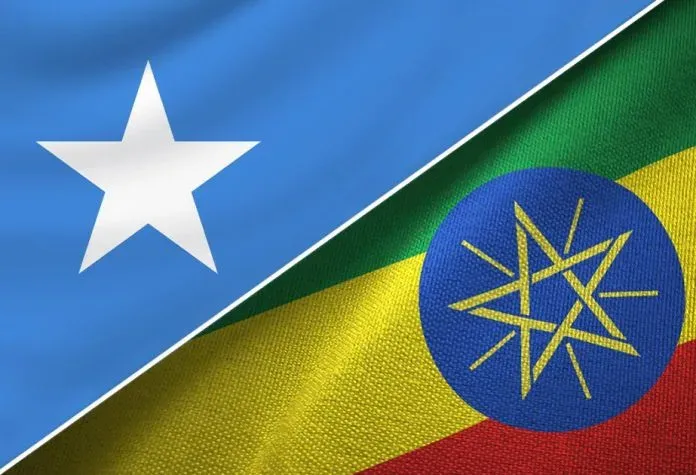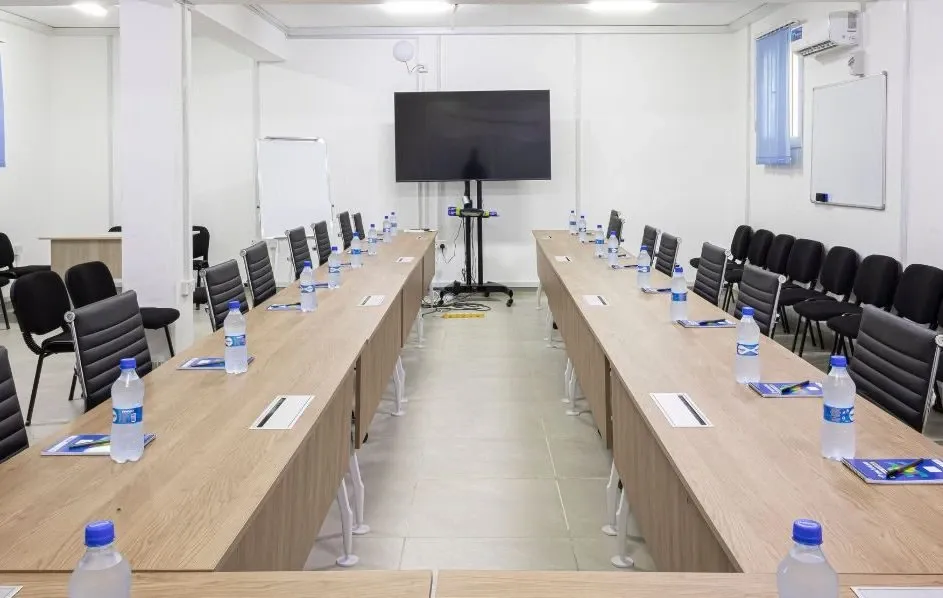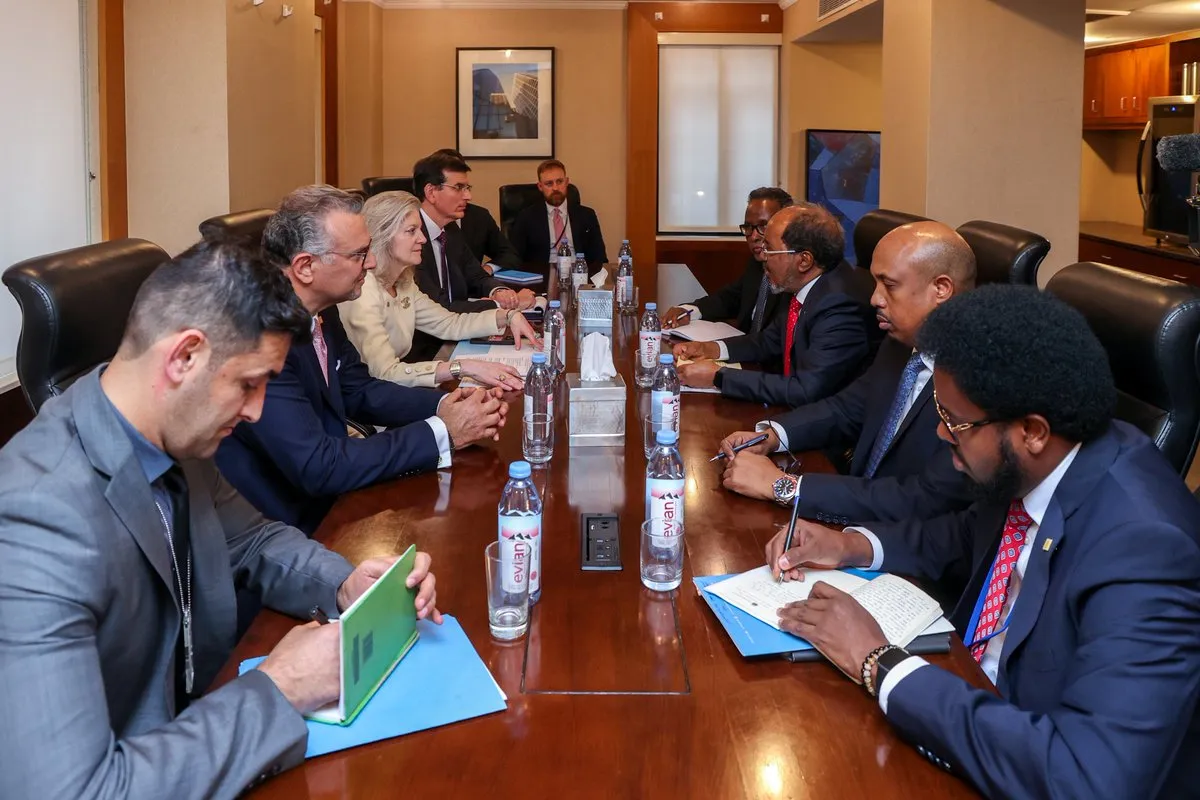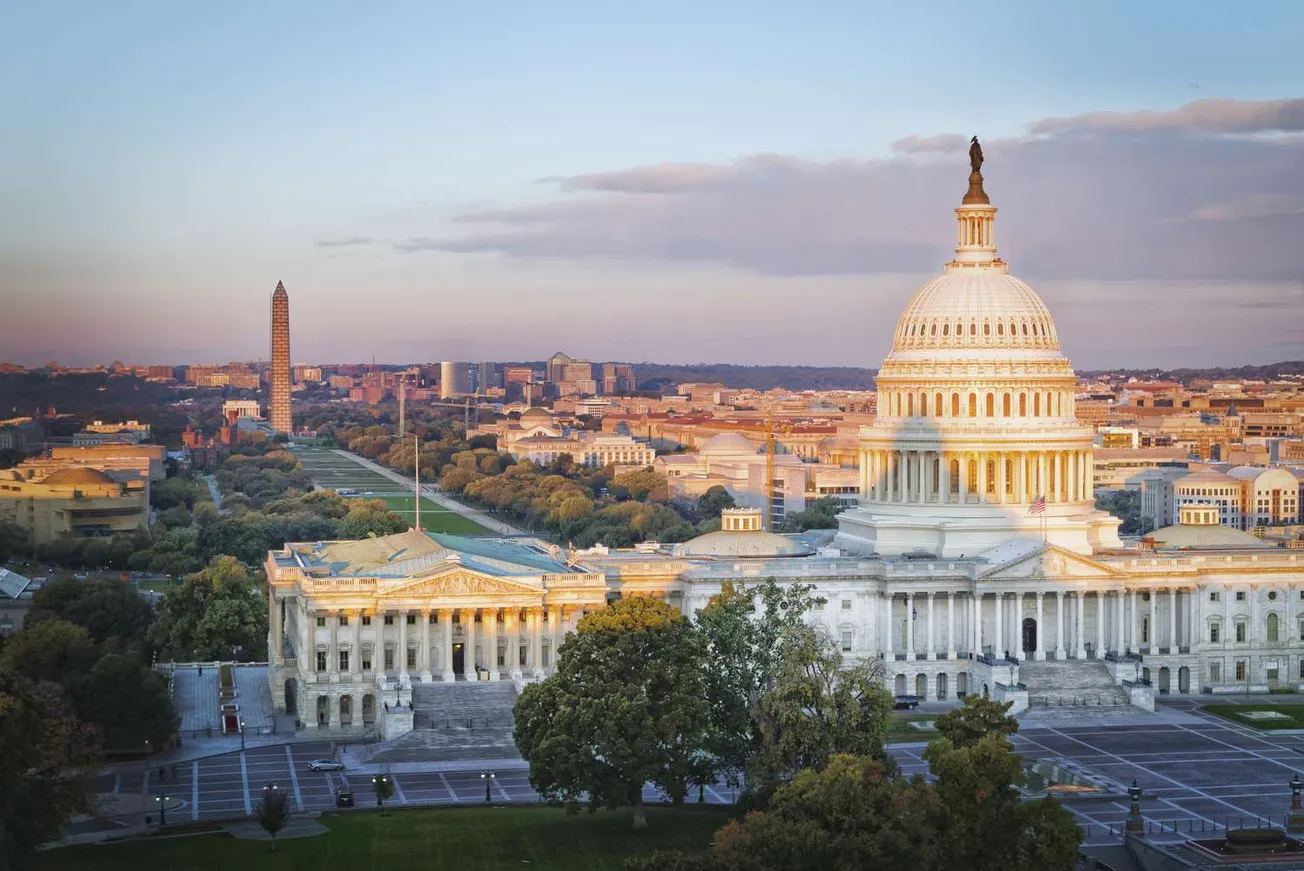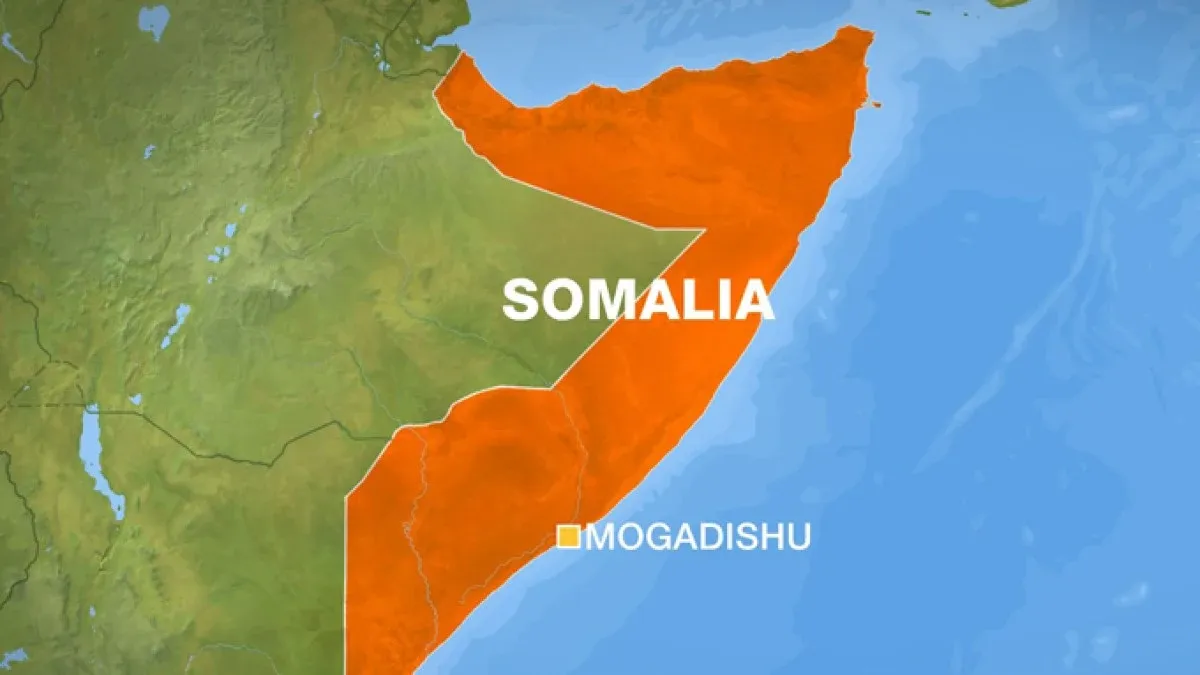Table of Contents
As Somalia approaches the 15 May 2026 election, the risk of postponement looms large and not only for its politics. A delay would impose a heavy economic toll. For a fragile state heavily dependent on donor support, the election is more than a democratic milestone; it is a pivot for budget aid, multilateral finance and reform endorsement. If the deadline slips Somalia risks suspended bilateral grants, deferred World Bank funding and disruption of the IMF review cycle.
First consider bilateral aid. Somalia receives sizeable support from European donors and other partners conditioned on a credible political transition. A delay sends a negative signal: budget-support grants become uncertain. Authorities faced this situation before when the IMF noted that funding was at risk because of election delays. When such grants are withheld ministries struggle to pay salaries, public investment stalls and growth slips. With growth projected at around 3 per cent in 2025-26, the country has little room to maneuver.
Second consider the World Bank and its International Development Association grants. Somalia recently secured a large IDA grant ($125 million) for economic-resilience programs. But if 2026 election is delayed, Somalia could miss the support as decisions are made in June for disbursement in August. Delay the election, disrupt the political consensus, and the pipeline runs dry. Without Board approval, disbursement is delayed, cutting public-investment outlays, delaying jobs and discouraging the private sector. The knock-on effect is stalled infrastructure, fewer contracts and a shrinking fiscal multiplier when stimulus is most needed.
Third consider the IMF. Somalia’s Extended Credit Facility rests on periodic reviews. The IMF warned previously that missing an electoral deadline could trigger program termination. The fourth review was completed in 2025 but the institution stressed that risks remain. A delayed 2026 election would mean that by December 2026 the next review may be halted, cutting disbursements and undermining debt-relief progress. Somalia already secured massive debt relief, but sustaining that depends on consistent reform and donor confidence. The impact of a breakdown could leave the budget badly exposed. Making matters worse, the IMF has noted that foreign-aid cuts in 2025 have already shaved off a non-trivial portion of GDP.
Put together, this triad of risks creates a cascade of economic consequences. First public-sector wages may be delayed. Somalia runs a lean government heavily dependent on external support for security, salaries and transfers. If donor grants vanish spending contracts. Second public-investment projects are postponed; without the World Bank program the private sector sees fewer contracts, fewer jobs and fewer signs of productive growth. Third investor sentiment sours. In fragile states perception matters; delay implies political risk which raises borrowing costs, deters foreign direct investment and drives higher premiums on imports and remittances. Fourth growth slows: with a baseline of 3 to 3.3 per cent foreseen for 2026 a major external shock fed by political instability could push growth much lower. Moreover, the buffer of recent debt relief is not a panacea. Somalia remains vulnerable. Domestic revenue collection is weak, climate shocks loom and the economy is heavily reliant on remittances and imports. A funding gap triggered by delay could translate into immediate fiscal pressure and service short-falls.
Delays and lack of consensus in election process usually signify deeper problems such as contested results, delayed power-sharing or negotiated term extensions. In Somalia’s context where federal-state relations remain fragile and security threats persist the political vacuum caused by postponement could dry up the glue of governance. That in turn shakes donor confidence which underpins the economic architecture.
What to watch: whether donor boards approve grants in June 2026 despite a missing election; whether the IMF completes its review by December 2026 and disbursements follow; monthly cash-flow disclosures from the federal government showing salary delays or security spending shortfalls; indicators for the private sector such as contract awards, FDI announcements and payments to contractors; and the exchange rate and remittance flows which, if confidence weakens, will show stress through rising premiums, shrinking imports and higher inflation.
For Somalia, the 15 May 2026 election is not just a political milestone. It is an economic linchpin. When the vote slips without agreed upon roadmap, the risk is immediate and multifaceted: suspended grants, delayed multilateral flows and jeopardized IMF support. As that happens, the economy, still crawling back from decades of conflict, risks being pulled into reverse. The cost of postponement is more than disorder; it is years of lost growth, missed reform and stalled state-building. Somalia cannot afford delayed process; the government must act swiftly and with purpose to settle the election issues.


